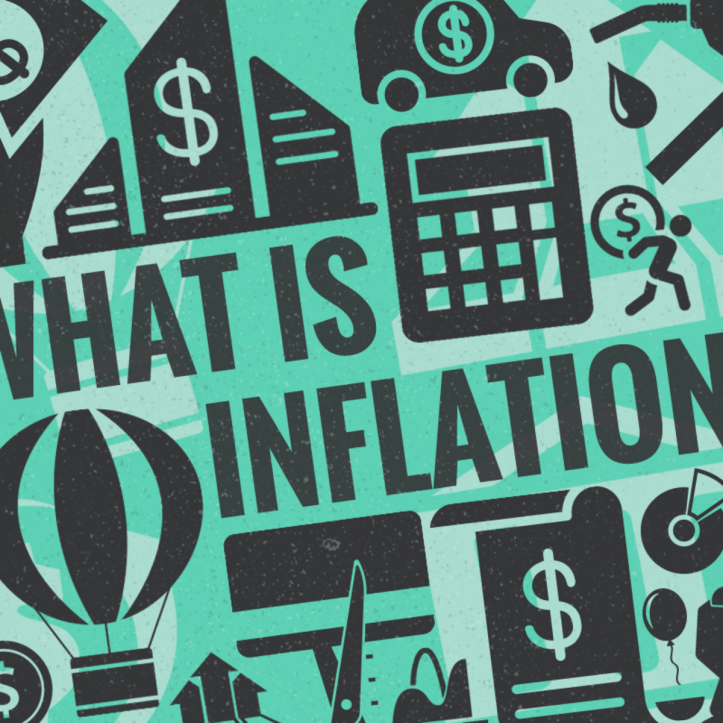What is Inflation? In simple terms, inflation is an increase in the value of an economy above a normal period of time, usually over a few years. In basic economics, when there is an increase in the value of money, this will lead to increased production and employment. Ultimately, the cost of living of everyone in the country increases as a result.
What happens when inflation hits the economy? In general most people start worrying about the effects of inflation. The cost of many basic commodities, such as food, fuel, and shelter, begins to increase. In response, the supply of goods and services falls. As a result, costs rise again, making it difficult for the average citizen to survive in the current depressed economy.

Inflation affects the whole economy. When the value of currency rises, goods and services are sold in greater quantities, causing shortages and high prices. When the supply of goods and services is reduced, the cost of these products becomes cheaper. In this scenario, it becomes difficult for businesses to earn profit. Ultimately, they will begin to cut down on the number of products that they produce or hire more employees, leading to mass layoffs.
What causes Inflation? In an unstable economy, general inflation can occur. This is typically caused by an overall rise in spending power, which leads to higher inflation than in a stable economy. Economic textbooks define inflation as a generalized increase in the value of goods and services in an economy over time. However, Inflation can also be caused by changes in relative prices of specific goods and services.
Most economists believe that a rise in inflation can only occur around two times – around the start and end of a recession. This view is based on the idea that a recession usually leads to lower spending power among the public. Deflation is then caused, and the general level of inflation goes up. According to most economists, the general inflation can only occur around two times – around the start and end of a recession. This view is based on the idea that a recession usually leads to lower spending power among the public.
The concept of inflation is also related to the political system of a country. In a country with a centrally planned economy, the central bank does not intervene in the money supply of the economy. In such a case, when there is a rise in demand for goods and services, the central bank has no choice but to increase the price of the same. Since the government controls the money supply, the central bank ends up having to hike the price of basic commodities. However, in a market where there is a competitive supply, increasing the price of something will normally result in rising prices around the market.
Inflation is also related to the level of domestic and foreign trade. A rise in the level of demand, for example, would lead to a rise in the level of the monetary supply, which in turn will have an impact on the level of long-term interest rates. For instance, if the level of trade is increasing, the central bank will most likely tighten its money supply in order to control the inflation, and in turn, keep long-term interest rates low.
Contrary to popular belief, inflation has little to do with the state of the overall economy. In fact, a rise in inflation will result in a fall in real estate prices, which may dampen investment and create problems for growth. Ultimately, it is the state of the economy that ultimately decides the level of inflation. When inflation is high, the level of real estate prices is low and there are few if any investment opportunities. Conversely, when inflation is low, investment is high, and there are many potential investment options.